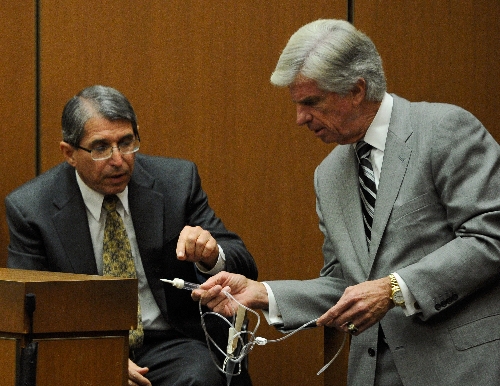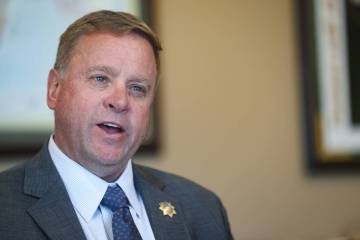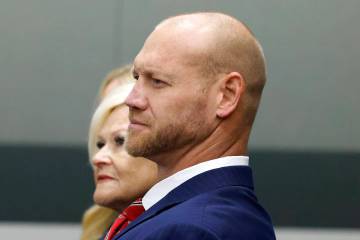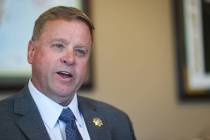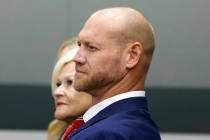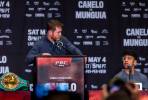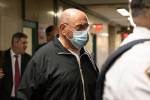Murray unsure whether he will take stand
LOS ANGELES -- With his trial nearing completion, the doctor charged in Michael Jackson's death told a judge Monday he had not yet decided about whether he will testify in his own defense.
"I will still need more time to talk to my counsel about it," Dr. Conrad Murray told Superior Court Judge Michael Pastor when asked whether the doctor understood his options to testify or remain silent.
Murray said he would let the judge know his decision today .
His comments outside the jury's presence came at the end of a day when he heard his own expert witness say that he wouldn't have accepted payment to do what Murray did for Michael Jackson: administering a hospital anesthetic in the star's bedroom.
"I wouldn't even consider it," Dr. Paul White said. "It's something no amount of money could convince me to take on."
The use of the drug propofol to treat Jackson's insomnia was "a complete off-label use of the drug," he said. White said that the drug should never be given outside a medical facility because of the need for lifesaving equipment.
White, a now-retired anesthesiologist, is sometimes referred to as "the father of propofol" for his early research on the drug. But on Monday he was a less-than-respected figure, drawing criticism from the prosecutor and censure from the judge who threatened to fine him $1,000 for contempt of court.
White came under a bruising cross-examination by prosecutor David Walgren, who attacked the expert's recent claim that Jackson caused his own death. Walgren questioned White's scientific calculations and noted he once led the defense to think Jackson drank an extra dose of propofol.
White said he had done no research on that theory when he posed it. A study later showed the theory to be unsupportable, he said.
While stopping short of blaming Murray for the singer's death, White blurted out during cross-examination that he believed Murray had loaded a syringe with the drug propofol and left it where Jackson could have gained access to it.
That scenario had not been offered before, and it could explain how a groggy Jackson could have awakened from sedation, grabbed the syringe and injected the drug into his IV line.
Defense attorney J. Michael Flanagan sought to have White justify Murray's delay in calling 911 for help when he found Jackson not breathing.
White suggested by that time, Jackson was probably dead, and it would not have mattered whether paramedics were called quickly.
Murray has said he delayed calling 911 while trying to give Jackson CPR.
White also said it would not have helped if Murray had disclosed to paramedics or hospital workers that he had given Jackson propofol. Murray didn't mention the drug until two days after Jackson's death, when he was interviewed by police.
Pastor had told White outside the jury's presence to stop trying to sneak in references to private conversations he had with Murray. The witness had suggested his opinions were partially based on what Murray told him, but those talks were not submitted as evidence.
White said he had been told by Murray that Jackson had his own stash of propofol beyond the hundreds of bottles of the drug that Murray had purchased and shipped to his girlfriend's apartment.
Pastor warned White not to try to bring up the conversations or other excluded information again.
"It's deliberate, and I don't like it," Pastor said.



